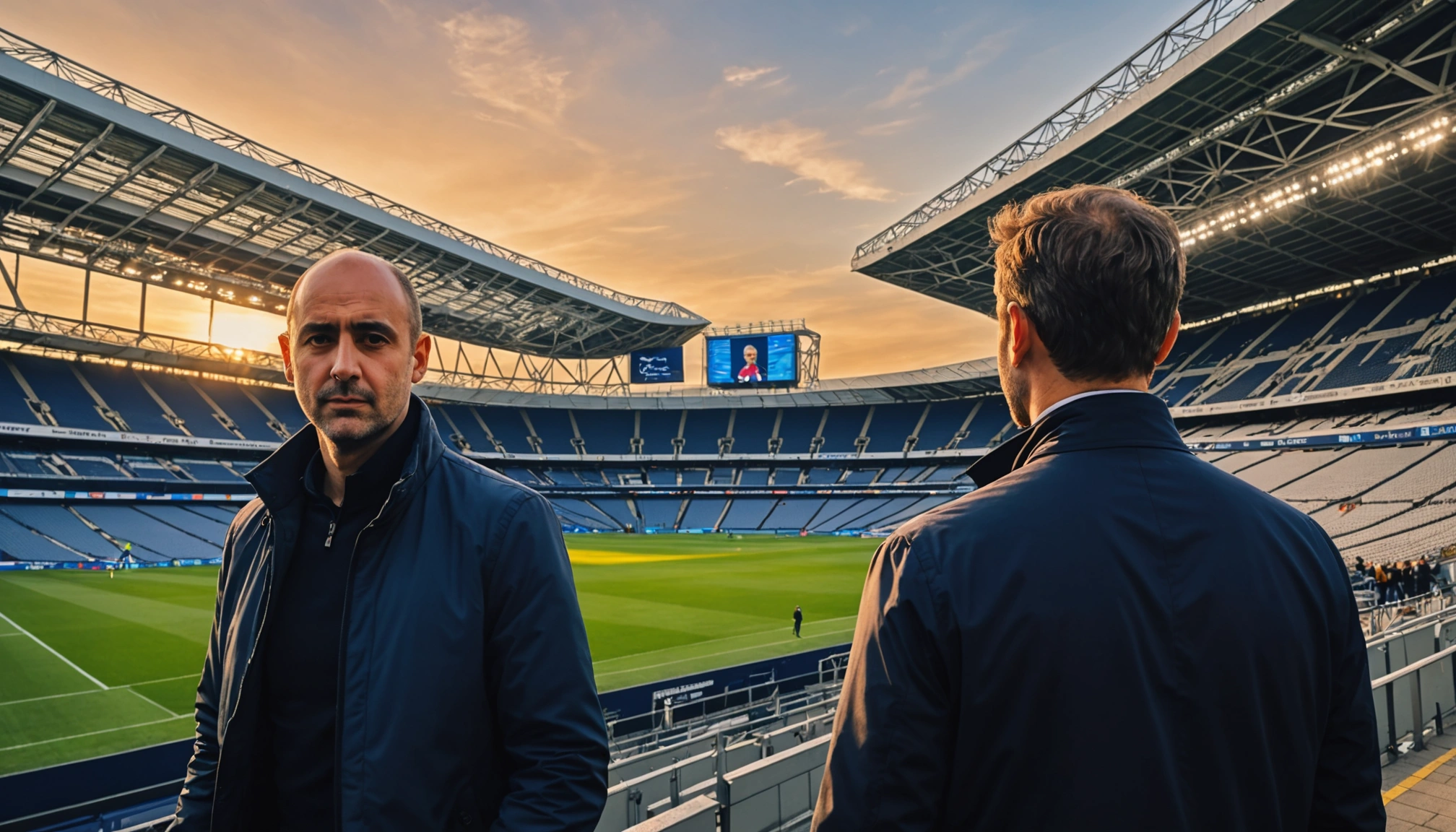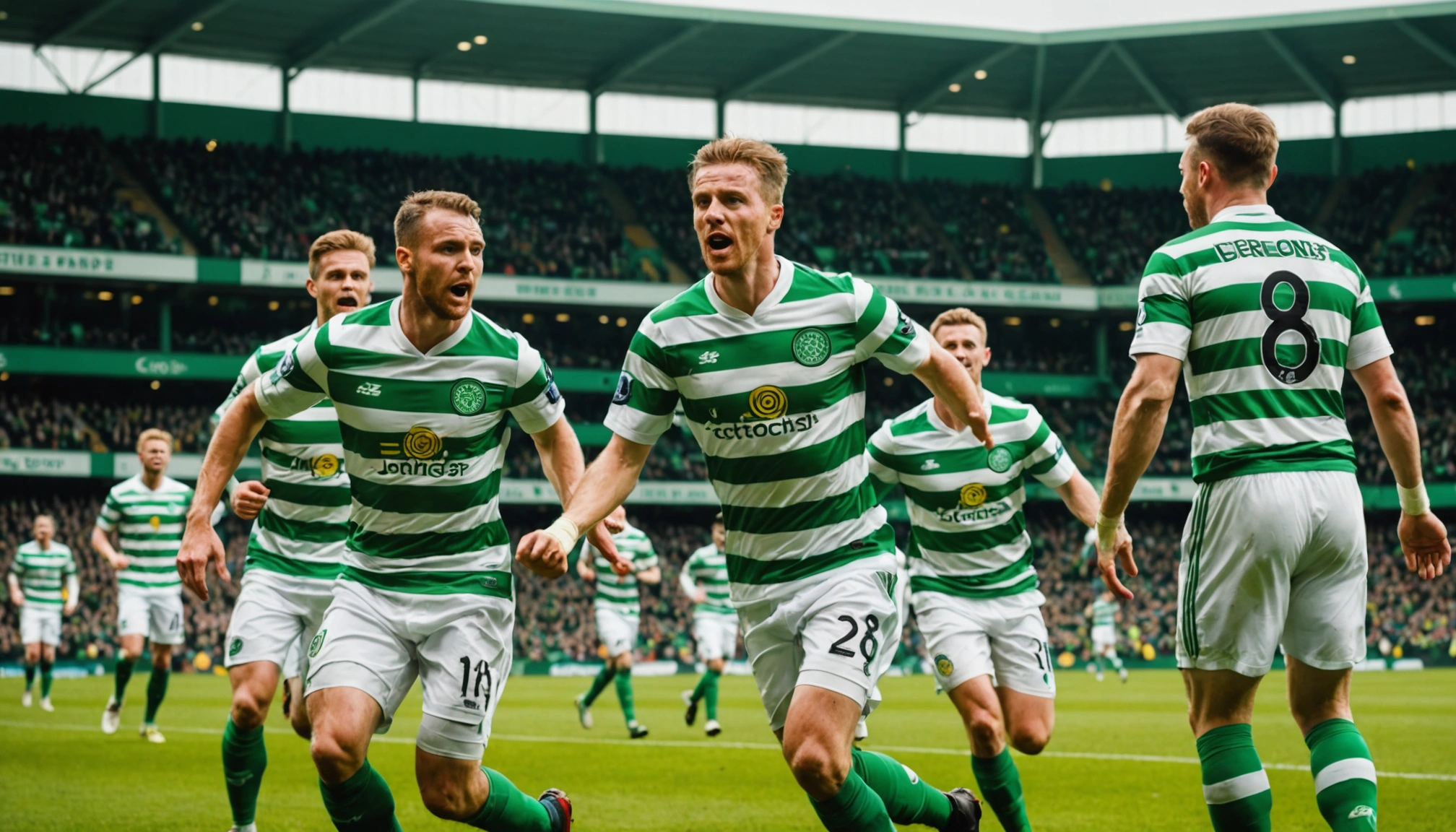Daniel Levy departs Tottenham: what now for Spurs?
Daniel Levy has stepped down as Tottenham chairman after 25 years. Discover why he left, what changes are ahead, and what this means for Spurs' future success.

By Editorial
Introduction to Daniel Levy’s departure
In a surprising development that caught many fans and pundits off guard, Daniel Levy has stepped down as chairman of Tottenham Hotspur after nearly 25 years at the helm. Levy's tenure has been marked by significant financial growth and infrastructural achievements but mixed results on the pitch. This article explores why Levy left, who is now in charge, and what the future holds for Spurs.
Why did Daniel Levy leave now?
Tottenham’s principal owners, led by Joe Lewis and his family, decided it was time for a leadership change. While they appreciate Levy’s relentless work that transformed Spurs into one of the richest and best-managed clubs globally, the desire for more consistent silverware has driven this shift. Over nearly a quarter-century, Tottenham has secured only two major trophies, a modest haul compared to rivals like Chelsea, who have claimed 20 in the same period.
It is important to note Chelsea's success was heavily bolstered by Roman Abramovich's financial backing, whereas Tottenham has operated on a more conservative ownership model. Nonetheless, fans demand trophies and exciting football, often prioritising success on the pitch over financial prudence.
Recent structural changes at Tottenham
This year has seen considerable changes at Tottenham both on and off the field. After management consultants were introduced, executive director Donna-Maria Cullen and Levy himself departed. Vinai Venkatesham, with previous experience at Arsenal, was appointed chief executive in April 2025, and Peter Charrington took over as non-executive chairman. This separation of chairman and CEO aligns with best corporate governance practices, whereas Levy previously held both roles.
These adjustments suggest a strategic reshaping of Spurs’ leadership to foster a new era focused on delivering success. Venkatesham has already signalled that while day-to-day operations will continue smoothly, the emphasis will be squarely on achieving better results on the pitch.
Was Levy pushed out or did he leave voluntarily?
Although Tottenham’s official statement said Levy “stepped down,” insiders speculate that the decision was encouraged by the club’s owners. Levy was historically involved deeply in the club’s daily affairs, and it was widely believed he would only leave if the club was sold. However, the earlier announcement of Cullen's departure and Venkatesham's appointment hinted that the writing was on the wall.
Regardless, Levy leaves with respect for his decades of service, but the club clearly wants a fresh approach to break the cycle of near misses and underwhelming trophy returns.
Spurs’ transfer strategy and financial outlook post-Levy
One often overlooked fact is that Tottenham’s squad is already packed with world-class talent. However, Levy’s cautious approach to transfers and wage spending has limited Spurs’ ability to compete financially with top rivals. Tottenham’s wages-to-turnover ratio stands at 42%, the lowest in the Premier League, reflecting a conservative wage policy that contrasts with clubs offering significantly higher salaries.
To challenge for the Premier League title for the first time in 64 years, Spurs will likely need to be more decisive in the transfer market and increase their wage offerings to attract and retain elite players. Chelsea’s recent model, where new signings are offered contracts with low base wages but high performance incentives, might be an example Tottenham could explore.
Levy was known for being a tough negotiator in transfers, sometimes leading to missed opportunities such as the failure to sign Eberechi Eze this summer. While Venkatesham is expected to maintain a firm stance financially, Spurs may adopt a more flexible and ambitious transfer strategy moving forward.
What does the future hold for Tottenham Hotspur?
With Vinai Venkatesham now chief executive and Peter Charrington as chairman, Tottenham’s leadership is focused on delivering “more wins more often.” The club’s owners have emphasised that this marks a “new era” aiming for long-term sporting success. However, the challenge remains significant as Spurs seek to convert their financial strength and talented roster into trophies.
Tottenham’s official statement confirmed no changes to ownership or shareholder structures, with Joe Lewis and family remaining in control. That said, rumours persist about potential new investors, and a refreshed management team might make the club more attractive for outside equity in the future.
It’s worth noting that when Levy became chairman, Tottenham’s valuation was around £80 million; today, the club could be worth up to £4 billion. Despite this growth, fans await the day Spurs can translate financial power into sustained success on the pitch.
Levy’s legacy and what comes next for him
Daniel Levy will be remembered as a pivotal figure in English football, credited with transforming Tottenham’s financial and infrastructural status. His crowning achievement is undoubtedly the state-of-the-art Tottenham Hotspur Stadium, widely regarded as one of the best football venues worldwide.
However, many supporters feel frustrated by the lack of trophies and the club’s conservative approach to spending. The tally of two trophies and 15 managerial changes during Levy’s tenure highlights this tension.
At 63, Levy still holds a significant stake in Spurs and is likely to remain influential in football circles. Whether he chooses to continue in football administration or pursue other interests, his experience and insight will remain valuable.
Conclusion: a new chapter begins for Spurs
Daniel Levy’s departure marks the end of an era at Tottenham Hotspur. While his contributions to the club’s growth are undeniable, the desire for greater success on the pitch has ushered in new leadership. With Vinai Venkatesham and Peter Charrington now guiding the club, Spurs fans hope for a more ambitious and trophy-laden future.
As Tottenham enters this new chapter, the pressure to balance financial sustainability with sporting ambition will be paramount. Will the club finally end its long wait for major honours? Only time will tell, but the fresh leadership team appears committed to making that a reality.
Related topics
Editorial
Sports expert at SportsScoop
Specialist in sports analysis and journalism
Related articles
Want to read more?
Explore our comprehensive collection of sports articles and analysis, or contact us for more information.



